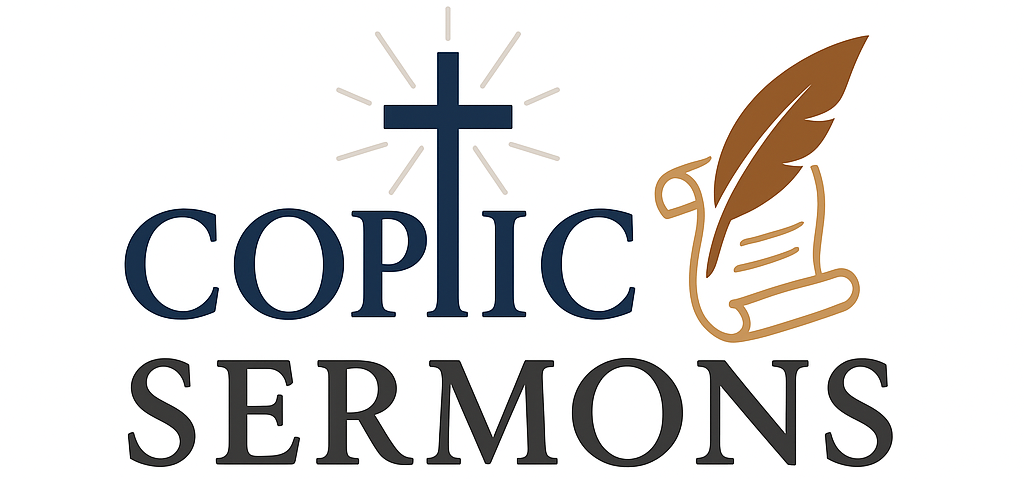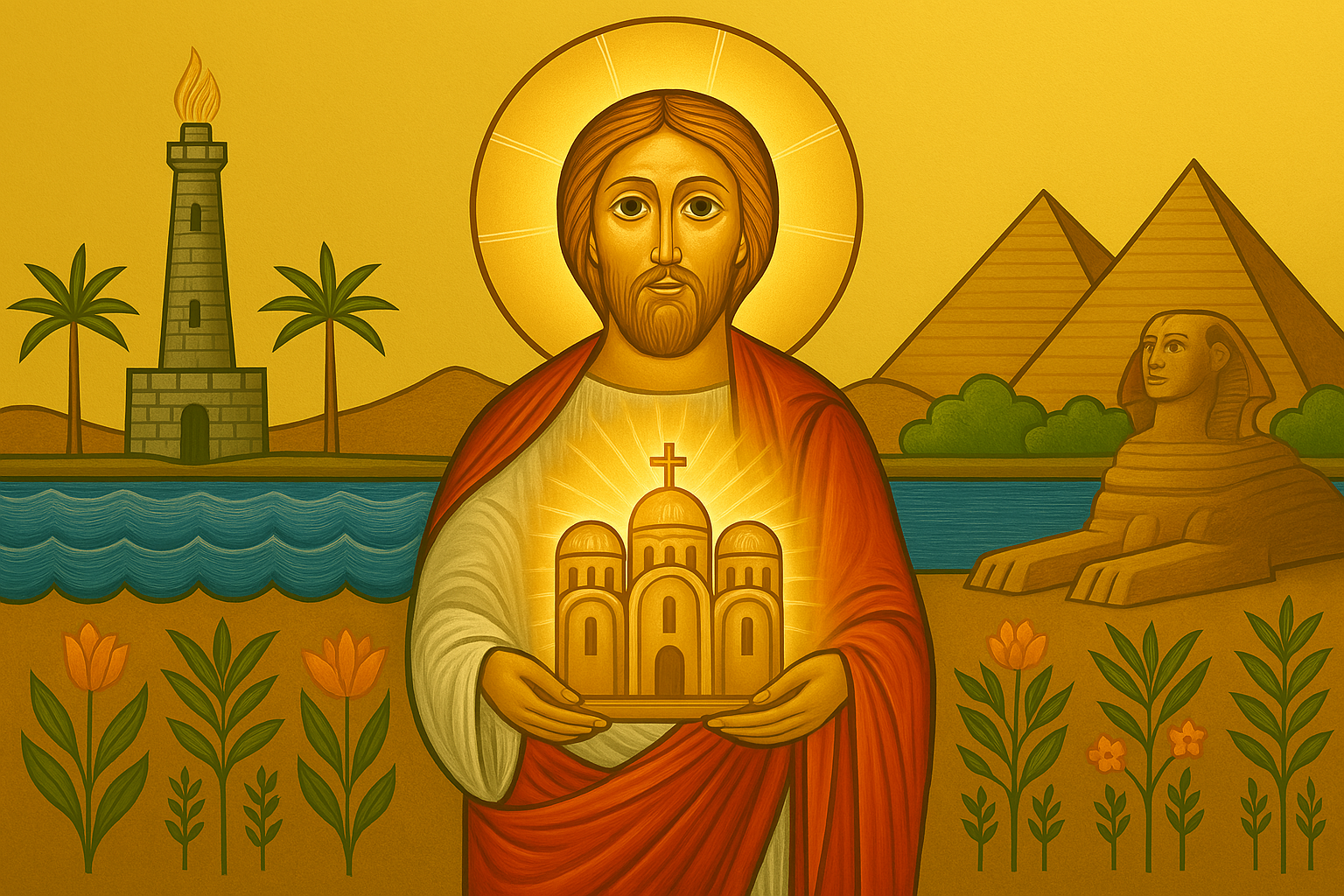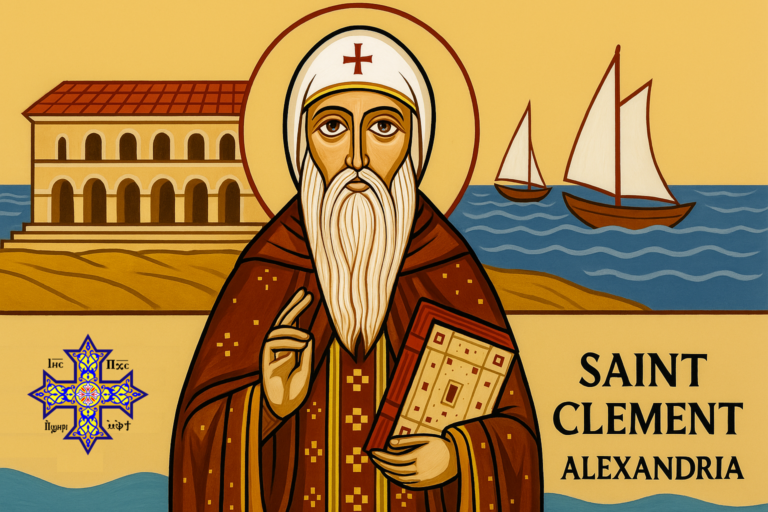The Living Legacy: A Timeline of Coptic Church History from the Apostles to Today
Coptic Church History Timeline
33 AD – Pentecost
Descent of the Holy Spirit on the Apostles; birth of the Church; early evangelism.
43 AD – St. Mark Arrives in Egypt
St. Mark preaches in Alexandria, establishes the Coptic Church, and is later martyred in 68 AD.
1st–3rd Century – Growth Amid Persecution
Church flourishes under Roman persecution; Catechetical School founded; many martyrs.
325 AD – Council of Nicaea
Pope Alexander and his deacon Athanasius participate; Nicene Creed affirmed.
381–431 AD – Councils of Constantinople & Ephesus
Defense of the Holy Trinity and Theotokos; led by Pope Cyril I of Alexandria.
451 AD – Council of Chalcedon
Pope Dioscorus defends Orthodox faith; beginning of Oriental Orthodox distinction.
284 AD Onward – Age of Martyrs
Start of the Coptic calendar (Anno Martyrum); intense Roman persecution and thousands martyred.
4th Century – Rise of Monasticism
St. Anthony, St. Pachomius, and St. Macarius pioneer Christian monastic life in Egypt.
641 AD – Arab Conquest of Egypt
Pope Benjamin returns from hiding; Arab rulers allow Christianity under new conditions.
19th Century – Reform & Education
Pope Cyril IV builds schools, promotes women’s education, and revives Coptic identity.
1959–1971 – Pope Cyril VI
Modern missionary expansion; return of St. Mark’s relics; appearance of the Virgin Mary in Zeitoun.
1971–2012 – Pope Shenouda III
Sunday School movement, diaspora churches, theological writings, and defense of Orthodoxy.
2012–Present – Pope Tawadros II
New dioceses, modern evangelism, martyrdom of the 21 in Libya, expansion of global presence.


